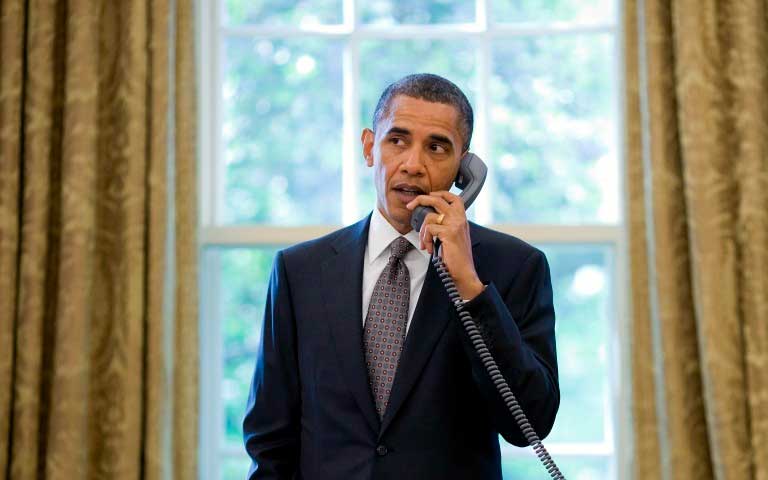Politics and communication cannot be separated in a democracy. Politicians and political parties must convince voters of their ideas and proposals and try to organize, from them, sufficient majorities to achieve power.
The purpose of any political communication is, therefore, to transmit content to specific recipients. These can be decision makers and multipliers (media), or the voters directly.
But in a world where the news no longer represents change, but rather how fast it is, we must ask ourselves what political communication strategies remain effective, what the current trends are or, for example, how you can attract attention and convince new audiences.
We have summarized the answers to these questions in these 5 strategies:
The 3 Cs: Consistency, Credibility, and Coherence.
The first step in practicing a successful communication strategy in the political sphere requires writing a definition of the narrative for the project we are asking people to trust in.
What attracts voters are not individual political measures, but a global vision of the country that brings the 3 Cs into line: Consistency, Credibility, and Coherence. These three elements represent in themselves the fundamental base that should inspire the remaining tactics.
The importance of words
Voters are interested in knowing that the party they choose to vote for represents very specific interests. They use different media to obtain information, and consult election programs, websites, and social media. But how do we find the right words to craft messages that reach them?
Listening to the audience we’re targeting is one of the main ways to know not only what to convey but also how. In this way, the conclusions should serve to create effective messages that, for example, turn a “necessary reform” into what others describe as “social dismantling” or that speak in different tones to young voters, who are usually more receptive to change, and to older, much more loyal voters.
Leaders should focus on the fundamental messages underlying their policies and communicate them understandably. In this case, “brevity is the soul of wit”.
Dynamic communication
The past has taught us that unexpected events can change the entire dynamic of an election campaign or a term. Think of it as a pilot who not only knows the coordinates of the target before a flight, but must also take into account possible influences along the way, such as crosswinds, turbulence, traffic along the route, and the performance and capabilities of his plane.
In political communication, these changing aspects include, for example, bad news, changes in stakeholder expectations and perceptions, sudden rumors, but also the influence of other actors who draw attention to their messages. In short, everything distracts from the normal course of events.
Good communication strategies react quickly and swiftly to create appropriate, unforced, messages at decisive times. Although it’s still happening, especially when power has already been attained, society increasingly penalizes those leaders who remain silent or don’t accept questions from journalists.
A strategy for each channel
The emergence of social media and digital channels as a whole has led to new forms of communication, even in politics. The current selection of media is huge and creates confusion when setting criteria.
Be careful: it’s not about reproducing the same thing on each of them, but about providing suitable content on the channels where your target audience is located. Moreover, certain formats work better in some cases than in others. For example, short videos are great for Facebook, not for other platforms, and remember that social media is two-way. It’s not just about saying or transmitting messages, it’s also about dialogue and listening.
The value of authenticity and empathy
Politicians are, by definition, representatives of the people. That’s why it’s important to remain close to the citizens and find out about their concerns directly.
Voters demand candidates they personally know and who are convincing. And even word-of-mouth propaganda has not lost its relevance in the digital age. Whether it’s online, at events, or during personal meetings, showing authenticity and empathy represents an opportunity to build a strong brand around a leader.
In conclusion
These five reflections provide the tools to successfully address an effective political communication strategy. However, we must not forget that the success of a political project depends on many other factors, such as competition, previous preparation, personality, etc. There is no doubt that when these intangible factors contribute to the strategy itself, it will have largely managed to influence the course of events.
3 opiniones sobre Effective political communication strategies
Leave a Reply
CONTACT US
Madrid - España
+(34) 91 310 77 40
Miami - Estados Unidos
+1 (305) 424 13 20

Thanks so much for this very useful material and is really good for Africa.
Thanks
Value adding piece!
Wow! How enlightening. Surely will help tremendously with my project